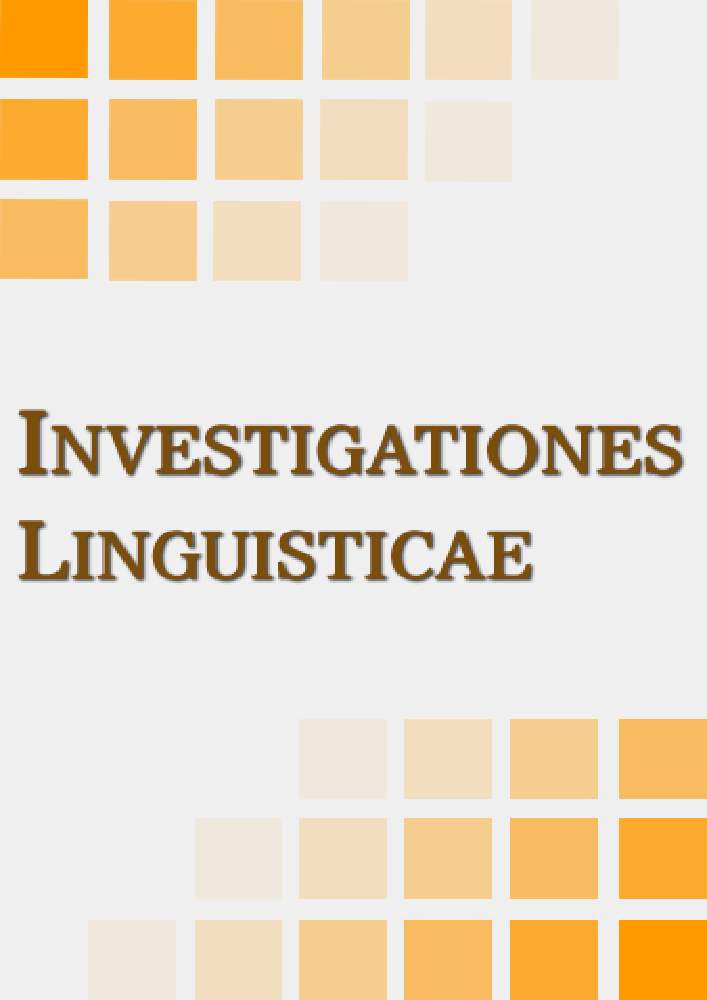Abstrakt
Interjections are a class of words found across all natural languages. Their use relates to the expression of mental states or speech acts within the discursive context. Although they are relatively common in natural languages, they represent a class of words that are poorly integrated into the grammar, and therefore, are theoretically less predictable as linguistic elements for planned languages such as Esperanto. In this article, I propose to analyze the use of some interjections in Esperanto. The aim is to understand how competent speakers of this language employ interjections. For this, in the first part I review the literature on the linguistic aspects of interjections, in comparison with the Esperanto grammatical tradition; then I analyze the data related to the use of these words by competent speakers, which I obtained through the application of a survey specially designed for this purpose, which is also described in this article.
Bibliografia
Ameka, Felix. “Interjections”. En: Encyclopedia of language and linguistics, red. Keith Brown, Amsterdamo: Elsevier, 2006: 743-746.
Ameka, Felix. “Interjections: the universal yet neglected part of speech”. En: Journal of Pragmatics 18 (2/3), 1992: 101-118.
Kalocsay, Kalman; Waringhien, Gaston. Plena analiza gramatiko de Esperanto. Roterdamo: UEA, 1980.
Neves, Maria Helena de Moura. A gramática do português revelada em textos. São Paulo: Editora Unesp, 2018.
Poggy, Isabella. “The language of interjections”. En: Multimodal signals, red. A. Esposito kaj aliaj. Berlino/Heldelberg: Springer-Verlag, 2009: 170-186.
UEA. Komuna Eŭropa Referenckadro por lingvoj: lernado, instruado, pritaksado. Roterdam: UEA, 2007.
Wennergren, Bertilo. Plena manlibro de Esperanta gramatiko. E@I kaj La Ranetoj, 2020.
Wierzbicka, Anna. “The semantics of interjections”. Journal of Pragmatics 18 (2/3), 1992: 159-192.
